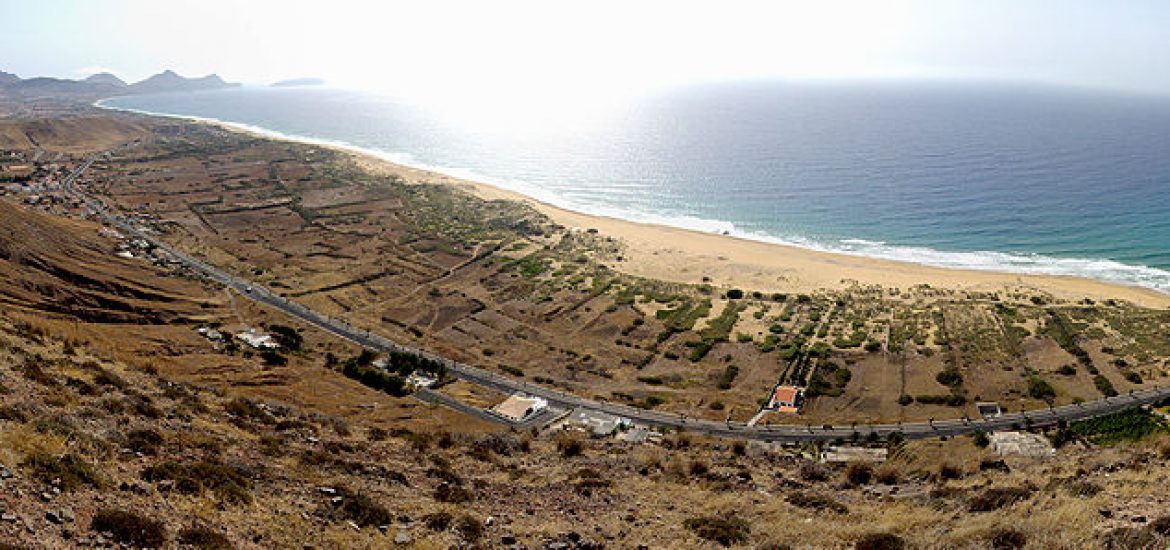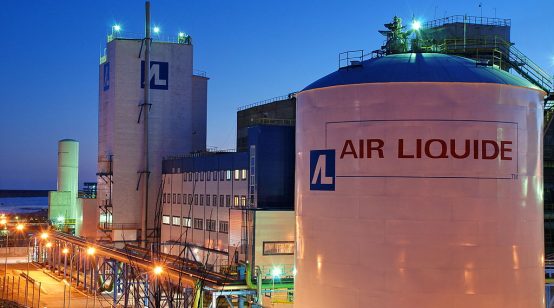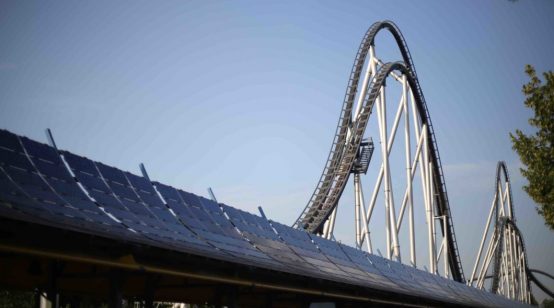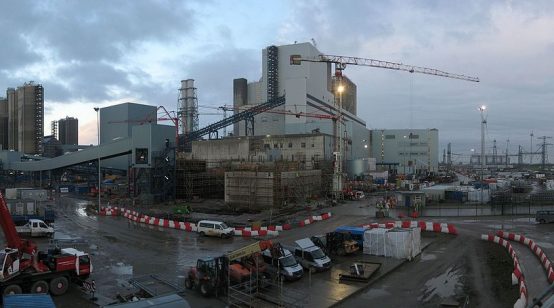
The tiny Portuguese Atlantic island of Porto Santo (pictured) is looking to the sun and wind for its power needs with a pilot scheme to supply the island’s electricity from vehicle batteries.
Renault, which is researching the feasibility of large-scale vehicle-to-grid charging, has imported electric Zoes and Kangoo ZEs to integrate them into an intelligent power grid.
Renault is starting a parallel pilot scheme in Utrecht in the Netherlands.
Further schemes are being planned for France, Germany, Switzerland, Sweden and Denmark.
The electric cars are being used to test a scheme in which the batteries in the vehicles are charged by solar power during the day but at night return spare energy to the grid to power island homes.
Some analysts say the new form of energy storage could become a global trend, especially on islands where driving distances are small and links to larger power grids are expensive.
Africa is about 700km to the east and Madeira 42km to the north and there is no power line. The Portuguese island instead has an independent power grid.
Veronika Brandmeier of Mobility House told the BBC: “Normally you would think if you own a car it would cost you a fortune [but], if you have a car that can feed energy back into the grid, you can actually earn money during the time it’s parked, if there’s no renewable energy available. So it really changes the whole idea of owning a car.”
Now drivers can buy energy while the sun is shining when it is cheap and sell it back at peak rates in the evening, making a profit from their vehicle.
It is estimated that Porto Santo needs 500 cars to power the whole island.
Eric Feunteun, director of the Renault programme on the 11km by 6km island, said the programme could be replicated elsewhere.
“The island is ideal as a laboratory,” said Feunteun. “It responds quickly to the smallest changes and we see immediately what is the impact of a higher share of electric cars.”
Two diesel generators have historically covered 85 per cent of the island’s energy requirements.
“The generators need for a constant flow of energy in the network,” added Feunteun.
Remote Porto Santo is blessed with copious amounts of sun and wind. Picture credit: Wikimedia





